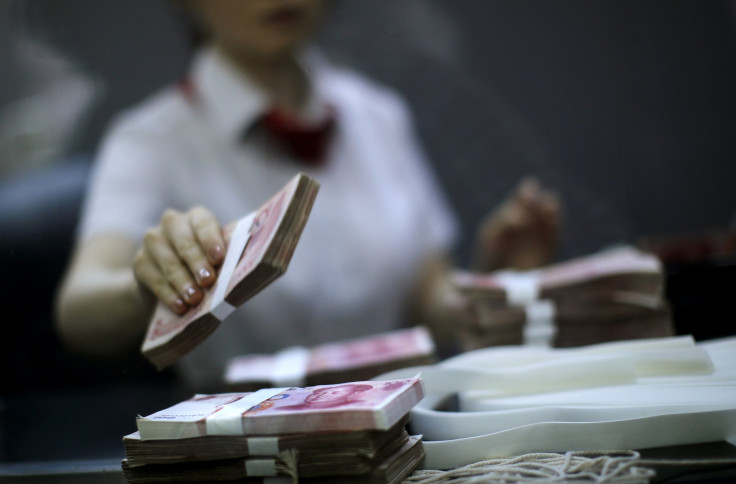China's Private Sector Suitors To Drive Asian M&A Deals in 2015

(Reuters) - China's private sector suitors are set to drive another strong year of Asian mergers and acquisitions in 2015 after deals hit a record this year, with consumer retail, financial services and technology seen as the most active sectors for deal making.
Non-state companies from China, including Fosun International and Haitong Securities, have sealed a series of outbound deals this year, a marked change from past years when state-owned enterprises (SOEs) dominated China's mergers and acquisitions.
Bankers are expecting that trend to accelerate next year, mirroring private firms' increased role in equity capital markets as Beijing's reforms aim to make the world's second- largest economy more responsive to market forces. It would be a boon to merger advisers that already experienced strong growth in fees in 2014.
"What we are seeing is (Chinese) companies that haven't been on the radar screen showing interest in specific targets," said John Kim, head of M&A, Asia ex-Japan at Goldman Sachs.
Deal making in Asia ex-Japan jumped 48 percent this year to an all-time high $802.2 billion, according to preliminary Thomson Reuters data through Dec. 19. Goldman Sachs, Morgan Stanley and Citigroup took the top three positions in the region's league table rankings.
China was the most active market in 2014, accounting for about $353 billion worth of deals, the data showed. Fosun's takeover battle for Club Mediterranee and its latest offer that values the French holiday operator at $1.15 billion give an indication of things to come next year, bankers say.
"We are now seeing China come of age in terms of the broad-based nature of outbound acquirers," said Rohit Chatterji, head of Asia ex-Japan M&A at J.P. Morgan. "In the past natural resources had dominated outbound interest, whereas the distribution has been more balanced this year."
Investment banks are also betting on reforms in China's SOEs and privatizations in Australia -- where the New South Wales and Victoria state governments are likely to sell an estimated A$26 billion ($21.2 billion) worth of power assets next year -- to pump up M&A volumes next year.
Private equity firms, both homegrown and global, sitting on $130 billion worth of unused capital are also seen deploying more cash next year to scoop up targets, bankers say.
Yet another source of deals would be depressed oil and metal prices, which are expected to tempt Asian companies to buy distressed firms, giving M&A and financing opportunities to banks.
"There are a lot of leveraged balance sheets in the (commodities) sector. As well, many companies that have committed to capex can no longer follow through without equity support. These will present opportunities," J.P Morgan's Chatterji added.
© Copyright IBTimes 2024. All rights reserved.




















